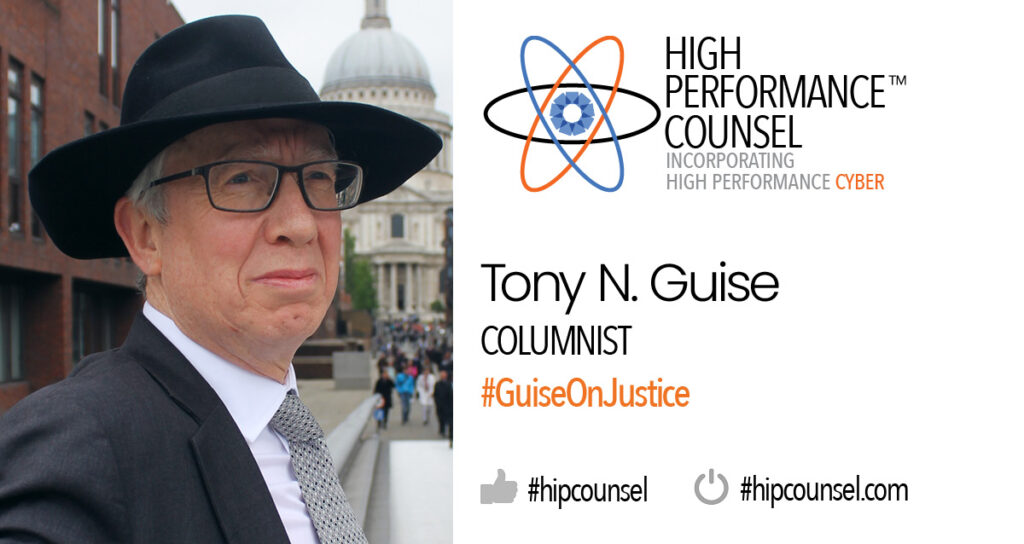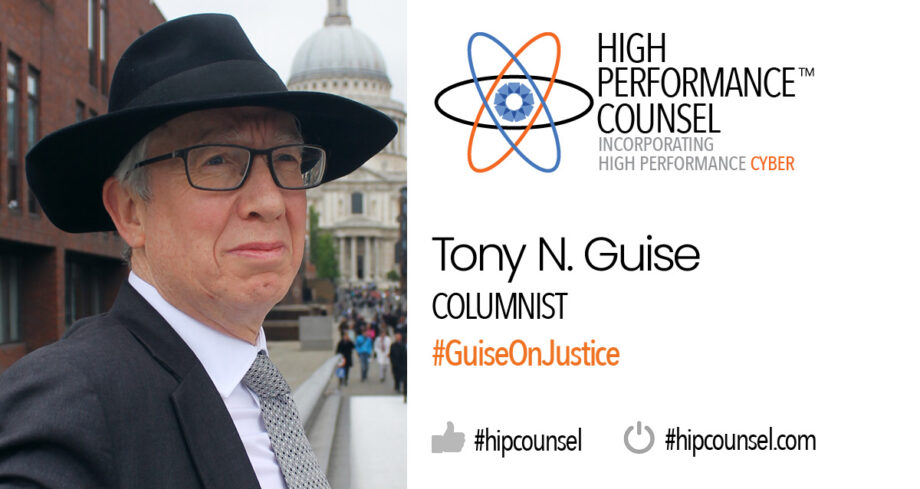Elizabeth Warren, the senior Senator for Massachusetts, has produced an eye-catching policy proposal for a two cent wealth tax on High Net Worths (HNWs). The Biden Administration have yet to come out for, or against, it.
On March 1 2021 the New York Times carried a story about the Bill that Senator Warren’s Bill has introduced for a wealth tax of 2 cents on HNWs. Its purpose, according to the NY Times, is “…to fund sweeping new federal spending programs by taxing the richest Americans” (https://www.nytimes.com/2021/03/01/business/elizabeth-warren-wealth-tax.html?0p19G=0232).
This is really about how to pay for the eye-watering American Recovery Plan costing an estimated $1.9 Tn.
Does any of the American Recovery Plan provide for improvements in civil justice? Not that I can find.
Should it? Are there not (many) more pressing causes?
On the other side of the Pond the second most senior Judicial Officer in England and Wales, Sir Geoffrey Vos, has frequently drawn attention to the economic boost that can be achieved by unlocking disputes by providing an efficient civil justice system that resolves disputes sooner. Modernising civil justice should be one of the priorities.
Perhaps civil justice in the USA does not have the same paper based system as the UK? Around 2005-2010 many of the US States invested in efiling solutions for their Courts with the result that they were able to build on those sound foundations by introducing video enabled hearings some time later, typically 2015 onwards. Many of the Courts in the USA had operational resilience baked in by the time the Pandemic hit in Spring 2020. Meanwhile in England and Wales in 2006 we were also about to introduce efiling. That project (Electronic Filing and Document Management – EFDM) came to nothing as the funding of the estimated £60m bill was withdrawn by the Treasury at the last minute. Consequently, 15 years later England Wales is left rather frantically trying to fill the gaps to keep civil justice going.
Yet more can always be done when building back better. Efiling and video conference enabled hearings are rather the story of the ‘00s. What is needed now is a court system that better fits the needs of citizens and businesses by offering more than a binary win/lose solution of the Court trial.
Unsurprisingly Manhattan has stolen a march on England and Wales with its Manhattan Pilot for a pluralistic solution to claims worth up to $10,000. This process is online, of course, and offers a tiered dispute resolution process which offers much more than the old one-size-fits-all system that Courts traditionally offer.
The Manhattan Pilot provides a Cloud-based platform for the commencement, management and settlement of claims brought by unrepresented parties involving disputes related to contracts for goods or services, with a monetary limit up to $10,000.
Cases may be commenced online via the platform or in person. Either way each claim is subject to human review to determine whether the case is eligible for the online tiered settlement process. If so each case will be “automatically” referred to the platform with limited opt-outs for:
- The parties’ comfort level with technology; and/or,
- English comprehension challenges; and/or,
- Disability challenges.
Assuming none of those opt-outs apply then a three stage tiered conflict resolution process starts with a “control date” being set for the conclusion of the process. These are the 3 stages of the tiered resolution process in the order in which they are presented to parties on the platform:
- Automated Negotiation
If this is unsuccessful then the parties progress to tier 2 - Direct Negotiation
If this does not settle the claim, then - Mediation
The Court is the final option.
Those who argue ADR restricts the citizen’s right to a fair trial should note this Pilot does nothing of the sort. This is because if none of those three stages of conflict resolution solves the dispute the case proceeds to the traditional binary solution in Court: i.e. win/lose – a fair trial.
Modern dispute resolution is about more than binary solutions.

Tony Guise is the Director of DisputesEfiling.com the specialist provider of ADR management platforms. He is a Past President of the London Solicitors Litigation Association and former member of the Civil Justice Committee of the Law Society of England and Wales.



Leave A Comment?